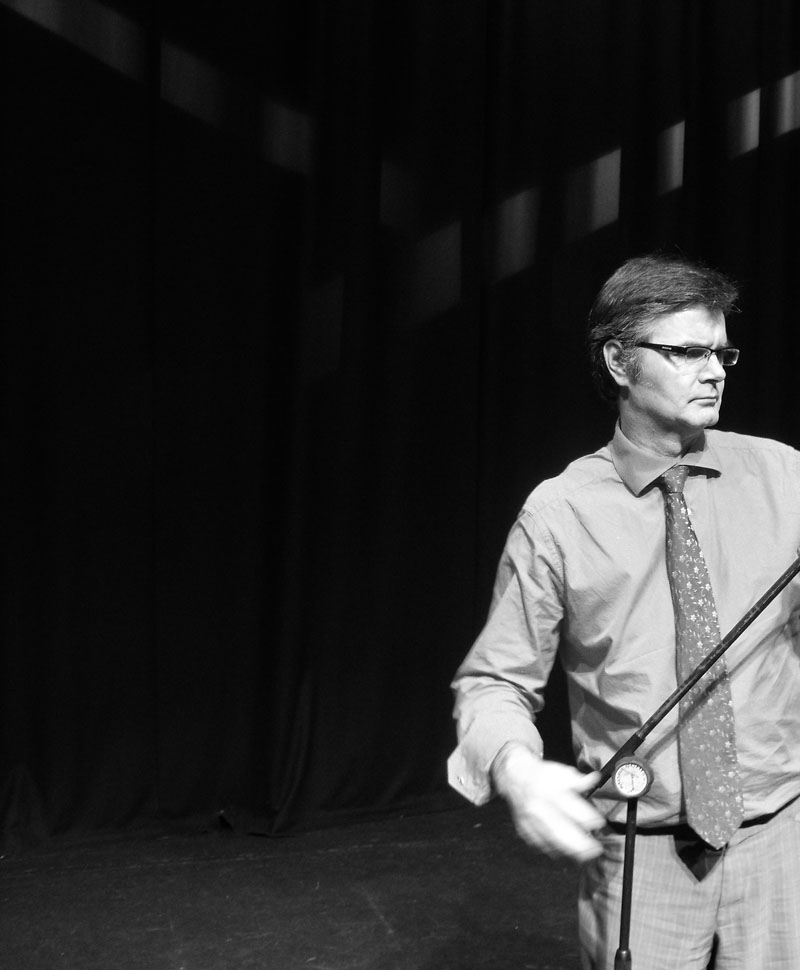



About me
In 1995 I took inspiration from Douglas McNaughton telling us how ‘smart’ technology could help people gain or keep their independence. At the time I was running around Scotland installing community alarms, visiting more than 600 people in their homes every year…and becoming more and more disillusioned at the quality and care our society thinks acceptable for vulnerable people, most of whom are elderly. They face the uncertainties and worries of old age, having lived decent, hard-working lives. They deserve better.
I witnessed countless circumstances where a simple change to a care programme or an inexpensive product could radically change a person’s quality of life. It dawned on me there was a need for something that fell between the traditional assistive and adaptive gadgets such as bath boards and the high-spec environmental controls. I realised that with some lateral thinking simple items could also help people in a ‘smart’ way.
I witnessed countless circumstances where a simple change to a care programme or an inexpensive product could radically change a person’s quality of life. It dawned on me there was a need for something that fell between the traditional assistive and adaptive gadgets such as bath boards and the high-spec environmental controls. I realised that with some lateral thinking simple items could also help people in a ‘smart’ way.
I was already presenting awareness and training sessions to social workers, occupational therapists, council employees, social housing professionals and clinicians, and reaching public audiences by speaking at places like Women’s Royal Voluntary Service (WRVS) meetings and senior citizen lunch clubs. I praised the virtues and opportunities of ‘smart’ technology, but started to include some of my ‘lateral thinking’ ideas to common problems. It was these that eventually came to dominate my presentations and excited more and more interest. Everyone wanted to hear about the Magiplug, Darth Vader cut-outs, matt black mats at the door, and the use of windchimes. Or automatic PIR garden lights to warn that grandma was legging it and the £3 recordable speaking cards taped to a front door to remind Mum to “Take your keys!” when she went out. Simple solutions to everyday problems that made a big improvement to the lives of carers and the cared-for. Even university academics, architects, doctors and elderly medicine clinicians were asking for my thoughts and ideas. I am often asked to speak at dementia conferences and events to give an alternative slant on the technology available.
I’m a great supporter of modern technology and all the benefits it brings to independent living. At the same time I do not discount the simple ideas that can have dramatic benefits on how vulnerable and previously dependent people can live in their own homes safely. This has extended over the years to include other members of society. Thank goodness we have recognised just how effective telecare can be when used to help people with learning difficulties, brain injuries or cognitive issues to realise their own potential.
This is the ethic and motivation that drove me to start my own consultancy.






